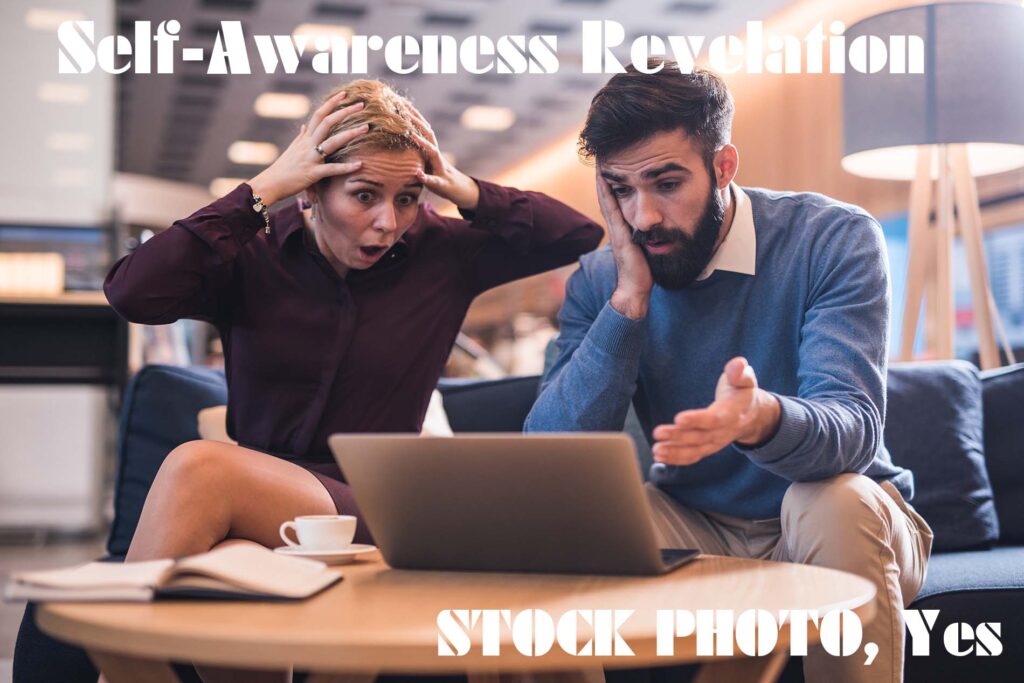I have some cohorts who throw around the term “self-awareness” a bit. Whether one or not is self-aware can be a bit tricky. I do think it takes some deliberate personal reflective systems to capture and replay ones activity. Journaling is certainly a tool to capture and review what “went down” the hours (preferably) or days before – reflecting on those actions and evaluating if one was above or below the line. Asking for honest feedback (free of retaliation), 360 reviewing, and simply meditation can provide one the data to “see” when we’ve falling short of needed maturity.
Why is it important?
Good leadership requires accountability. The effort to make sure one is free of delusion. Preventing gas lighting. Being honest with oneself: being realistic. No one person has all the answers. No-one.
I sense that those of us who had alcoholic parents, for example (just one scenario) may have had to do a little dance to keep peace in the household. Instead of freedom to be who we “were” we may have had to pivot – as children must – to please their ill tempered parents. These childhood survival techniques may have carried their way into our adult relationships and behaviors contributing to the current status of our personality. Our childhoods selves are potentially hijacking our current person that our professional selves would be better served by.
From the Conscious Leadership Group:
Hiring people who are conscious — people who are aware of the impact they are having on the rest of the team and choose to respond creatively to challenges instead of blindly thrashing around in their own drama and blame.
It’s not enough to have talented people — all of their competitors have that. Many talented—and even well-meaning—people can create a lot of drama in a culture if they lack self-awareness, which can translate into significant cultural, productivity, and bottom-line costs.

Conscious employees are less likely to cause drama, and more likely to shift out of it when it happens. They’re able to relate from trust versus fear, which results in more energy, connection, and innovation.
Read all about it… implement the questions.
I recently had a situation at work where I “sensed” I was ignoring the expertise of my cohorts when they deserved to be validated and heard. Caught in the middle of two polarized opinions about a policy decision I took the path of least resistance. I deferred to the person in power. My intuition was pinging in the background. Denial of ones feelings is sometimes the easier path. True balance sometimes requires more meetings, analysis and negotiation so that all are heard.
I deferred to the “manger” who had their own valid reasons to reject the expertise of subordinate staff because it was easier in the moment, for me.
This is the risk of power. When one has it – it can be used to shape the trajectory in ignorance and brevity. Even days later – I credit “self awareness” for the big reveal – that I (at least) must revisit the decision tree and be sure that our organization’s balance may (or may not) be restored. There is more work to be done. And life is… work in progress.
